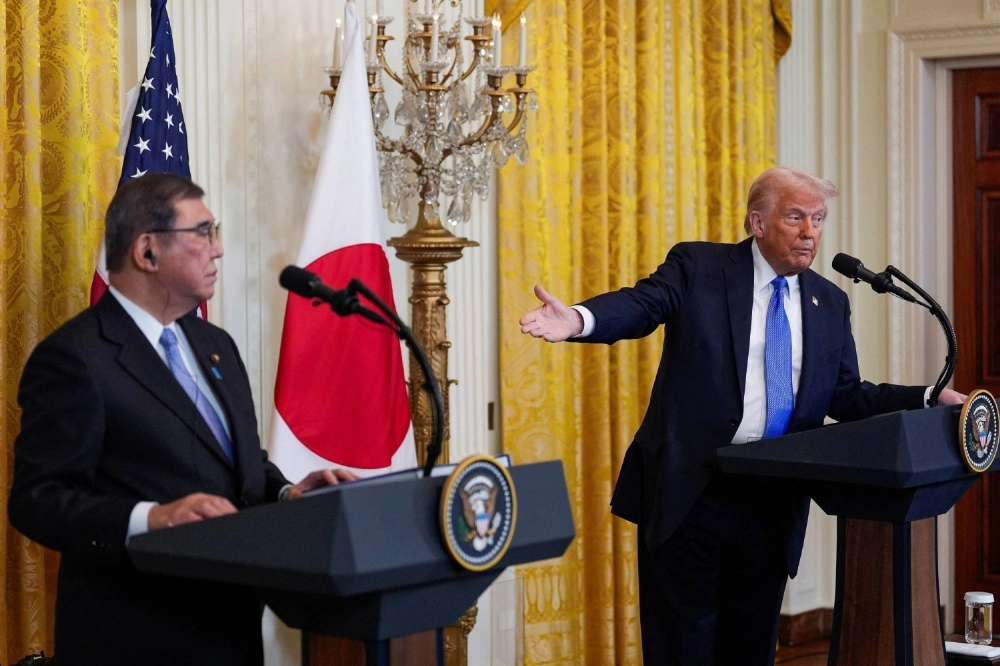This past weekend, Prime Minister Shigeru Ishiba announced his resignation. His government, lasting less than a year, struggled to maintain authority after threepeat electoral defeats and finally collapsed under pressure for an early leadership race within the ruling Liberal Democratic Party.
For many, Ishiba’s fall was expected. What is less obvious — but far more consequential — is what his resignation signals about the deeper state of Japanese politics and how this affects the U.S.-Japan relationship at a moment of global uncertainty.
Political scientist Takashi Mikuriya recently described Ishiba’s government as a “quiet, empty” administration. That observation is telling. The Prime Minister’s Office, or Kantei — traditionally buzzing with ideas, lobbying and competition among bureaucrats and advisers — felt deserted, he wrote in a recent commentary. A space that should embody the dynamism of democratic politics and Japan’s enormous global potential instead reflected drift and disengagement.



















With your current subscription plan you can comment on stories. However, before writing your first comment, please create a display name in the Profile section of your subscriber account page.